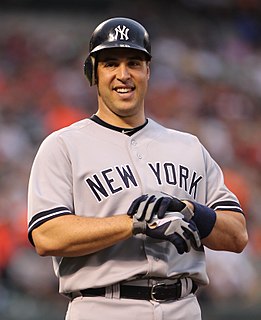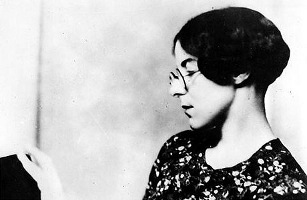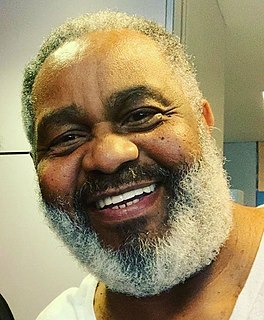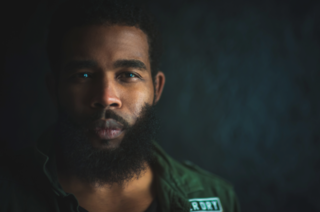A Quote by Neil Diamond
I think that if I have one hope, 1 ambition, 1 aspiration for the next 4 or 5 years it would be that I can improve as a writer and just be able to say more of what I want to say throught the music.
Related Quotes
When it’s all said and done, I want to be able to say I got the most out of my potential. I don’t want to look back, however many years from now, and say, ‘I wonder if I would have worked a little harder. I wonder if I would have done this or done that, how things would have turned out.’ I want to, when it’s all said and done, be able to put my head on my pillow and say, ‘I did everything I could do — good or bad.’
People always say, "What do you want to do next, what kind of movie do you want to do next?" And I say, "I wanna do whatever script that is the best one that comes my way." I certainly would never say, "Oh, I'm gonna do a Western next," and sit around waitin' for a Western to come along when there's some other genre's brilliant script sitting right there.
I think I'm drawn to more villain-type characters, because it's so cool to get to say all the things you want to say. In Hollywood, you get to this position where you have to bite your tongue so much. You take all your experiences of not being able to say what you really want to say, and channel that through your character.
It's not possible to advise a young writer because every young writer is so different. You might say, "Read," but a writer can read too much and be paralyzed. Or, "Don't read, don't think, just write," and the result could be a mountain of drivel. If you're going to be a writer you'll probably take a lot of wrong turns and then one day just end up writing something you have to write, then getting it better and better just because you want it to be better, and even when you get old and think, "There must be something else people do," you won't be able to quit.
We hope that there will be nothing that conflicts with anybody's religion or faith. We would never say a person's religion is not effective. We say, 'Would you be interested in something more effective?' We always put things in an optimistic, progressive perspective. 'Do you want to make your prayers more effective? Not that they are not effective, but do you want to help them become more effective?'
I think there are lots of opportunities to improve the product. When you read the press, people say, "Oh, the product needs improvement." I look at that and say, "Hey, that's an exciting thing to get behind!" Because they can improve that product. That leaves more upside from an innovation and revenue potential than you're gonna find in a lot of places. So you could say that's a downside, I see that as an opportunity.
A story demanded to be written, and that is why I have not answered your letter before: a wrong-headed story, that would come blundering like a moth on my window, and stare in with small red eyes, and I the last writer in the world to manage such a subject. One should have more self-control. One should be able to say, Go away. You have come to the wrong inkstand, there is nothing for you here. But I am so weakminded that I cannot even say, Come next week.
Just write. If you have to make a choice, if you say, 'Oh well, I'm going to put the writing away until my children are grown,' then you don't really want to be a writer. If you want to be a writer, you do your writing... If you don't do it, you probably don't want to be a writer, you just want to have written and be famous—which is very different.
I think perhaps we want a more conscious life. We're tired of drudging and sleeping and dying. We're tired of seeing just a few people able to be individualists. We're tired of always deferring hope till the next generation. We're tired of hearing politicians and priests and cautious reformers... coax us, 'Be calm! Be patient! Wait! We have the plans for a Utopia already made; just wiser than you.' For ten thousand years they've said that. We want our Utopia now — and we're going to try our hands at it.




































